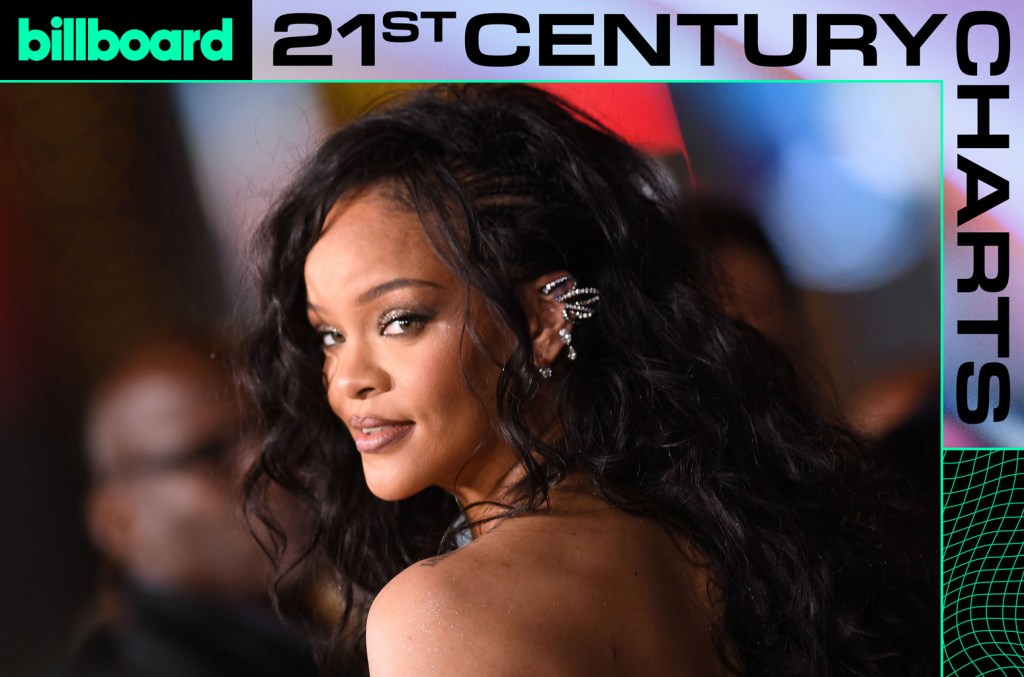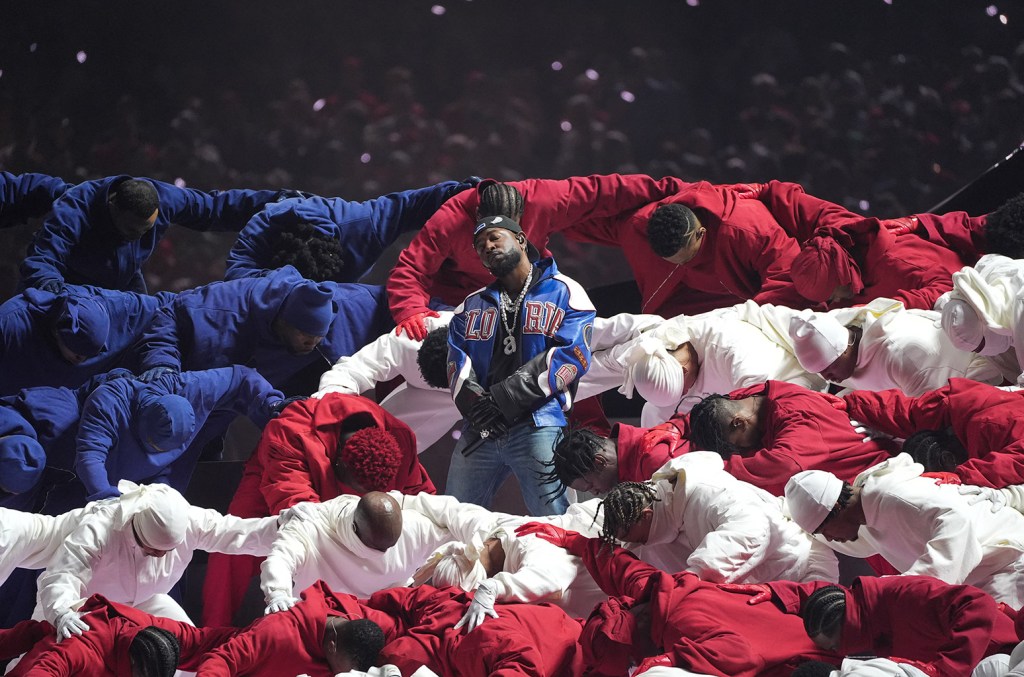Why Major Labels Are Snapping Up Stakes In Indies At a Breakneck Clip
Written by djfrosty on February 12, 2025

If you run a successful independent label and you’re looking for an infusion of cash, the current music business is awash in opportunity.
“Independent labels often lead in trendsetting and new business models, such as the vinyl resurgence, event-driven branding and digital community-building,” says Wez Saunders, CEO of Defected Records, a long-running bastion of dance music. “And the shift toward streaming and digital monetization has allowed [indies] to grow without traditional major-label infrastructure. This success has made independent labels attractive investment opportunities.”
Sony Music in particular has quietly been investing in indies — not only Rimas, but also Mass Appeal, Fat Possum and Black 17 — according to executives with knowledge of the deals.
The size of the commitment varies: Sources say Sony took a minority stake in Fat Possum; a significant minority interest in Black 17; and a significant majority interest in Mass Appeal. All these labels have previous relationships with Sony through its distribution and services wing, The Orchard, which was born in the independent community and has spent many years nurturing connections there.
Trending on Billboard
This approach can help a major label maintain market share and provide a cost-effective mechanism to keep indie labels in the larger Sony ecosphere. It also allows a major to discreetly benefit from the increasing popularity of the independent sector.
“Large players have been securing stakes in indies to maintain their dominance while still allowing these labels to operate independently,” Saunders notes. “This gives majors indirect control over influential indie ecosystems without fully absorbing them into their corporate structures.”
Executives at Mass Appeal, Fat Possum and Black 17 declined to comment or did not respond to requests for comment. A representative for Sony Music declined to comment.
Major labels have been interested in independent companies for more than half a century. Over the years, many of the most famous indies — including Motown, Atlantic Records, A&M Records, Geffen and Island Records — have been vacuumed up into corporate collectives. In fact, these acquisitions are part of how major labels become “major” in the first place.
“Your clock is running when you’re at a major conglomerate,” explains Daniel Glass, founder of Glassnote Records and a former major label president and CEO at EMI Records Group back in the mid-1990s. “You need market share, you need profit. It’s much easier to buy a known entity.”
Acquiring independent labels, or parts of them, is even more important for the majors today as their market share is whittled down by the increased opportunities available to unsigned artists, who can easily upload music to streaming services through distribution companies. And getting a piece of indies has additional value in an increasingly international music industry — MIDiA Research estimates that the independents’ share of the global recorded music business is 40.8%.
In 2024, Sony Music CEO Rob Stringer described his company as “undoubtedly the most aggressive major music group in M&A over the last three years,” and acquiring stakes in labels distributed by The Orchard is just one part of that strategy. Since the start of 2021, Sony has also acquired the label services company AWAL, the Brazilian label Som Livre, the catalog of RECORDS, the Spanish label Altafonte, and a majority stake in the label Alamo.
The other two majors have made splashy purchases during this period as well, though not as many: Universal Music Group acquired [PIAS] and Downtown Music Holdings along with securing a stake in the Nigerian label Mavin Global, while Warner Music Group snapped up 300 Entertainment, 12Tone, Africori, and 51% of 10K Projects.
While Sony is happy to splurge, it doesn’t always acknowledge its purchases; the company still hasn’t admitted it bought a significant minority stake in Rimas. “We can sign huge catalogs,” Stringer told Bloomberg last year, “and we don’t tell anybody officially.”
Acquiring stakes in indies is one way for major labels to expand their reach. Another tried-and-true option is to distribute them. Sony has been a longtime leader in this area — in 1990, it bought a 50% stake in Important Record Distributors. Sony subsequently acquired the rest of that company, which by then had morphed into Relativity Entertainment Distribution (RED), in 1994. RED was later merged into The Orchard, which Sony bought fully in 2015.
But distribution relationships are by definition less permanent. “People are requesting shorter deals than ever and bouncing around just because there are a lot of options and a lot of money,” says one executive whose label is distributed by The Orchard.
In addition to major labels, private equity institutions are now looking for profitable investment opportunities in music, and new outfits like Firebird are offering their own versions of label services partnerships. “All these meetings are very seductive,” Glass says. “You go into the big office, they fly you in, take you to lunch.”
If indies demand shorter deals, those agreements have to be renewed more often, and each renewal gives the company a chance to ask for a bigger advance. One executive working with a bank known for lending to the music industry says he has seen the biggest advances ever from distributors seeking to sign independent labels in the last two years, especially when companies are trying to lure the label away from a rival.
It’s not surprising that the majors “don’t want to lose big [independent] labels” that they work with, says David Fritz, an entertainment attorney. Buying a stake in an indie company, then, serves as insurance against poachers with deep pockets. “It guarantees that [the major] gets to hold on to the market share,” says the executive whose label is distributed by The Orchard.
There are other benefits to buying pieces of indie labels. More and more artists want to call themselves independent — as Todd Rubenstein, a music lawyer, joked last year, “Now you’re either an unsigned artist or an indie artist.” A 2024 survey by MiDia Research and Amuse found that just 6% of artists said they wanted to sign to a major label, as opposed to 20% who aspired to sign to an indie, and even more who dreamed of partnering with a distribution company that offered some label services.
As Saunders puts it, “Major players recognize that the independent sector has strong brand credibility.” Investments in indie labels allow the majors to gain from that cred as well.
The desirability of the “independent” label may also help explain why a number of label owners are selling stakes but not handing over the keys to the whole company. Many founders today want to continue to oversee the operations they launched.
They can still benefit from selling a piece of their company, though. Defected partnered with Firebird to “remove financial constraints that independent labels often face when competing with major label-backed entities,” according to Saunders. “If you can get some resources that you need to be able to realize your vision, and it all makes sense on the ledger, then why not?” asks David Macias, co-founder of the label Thirty Tigers.
While Thirty Tigers is distributed by The Orchard, Macias says he hasn’t sold a piece of the label. (Though he says he did sell back his piece of Triple Tigers Records, a JV he started with Sony.) “Our conversations have been off and on through the years, sort of figuring out if there’s a way to make it all make sense,” Macias adds. “So far it hasn’t. But I never rule anything out.”
Additional reporting by Ed Christman.

 State Champ Radio
State Champ Radio 





